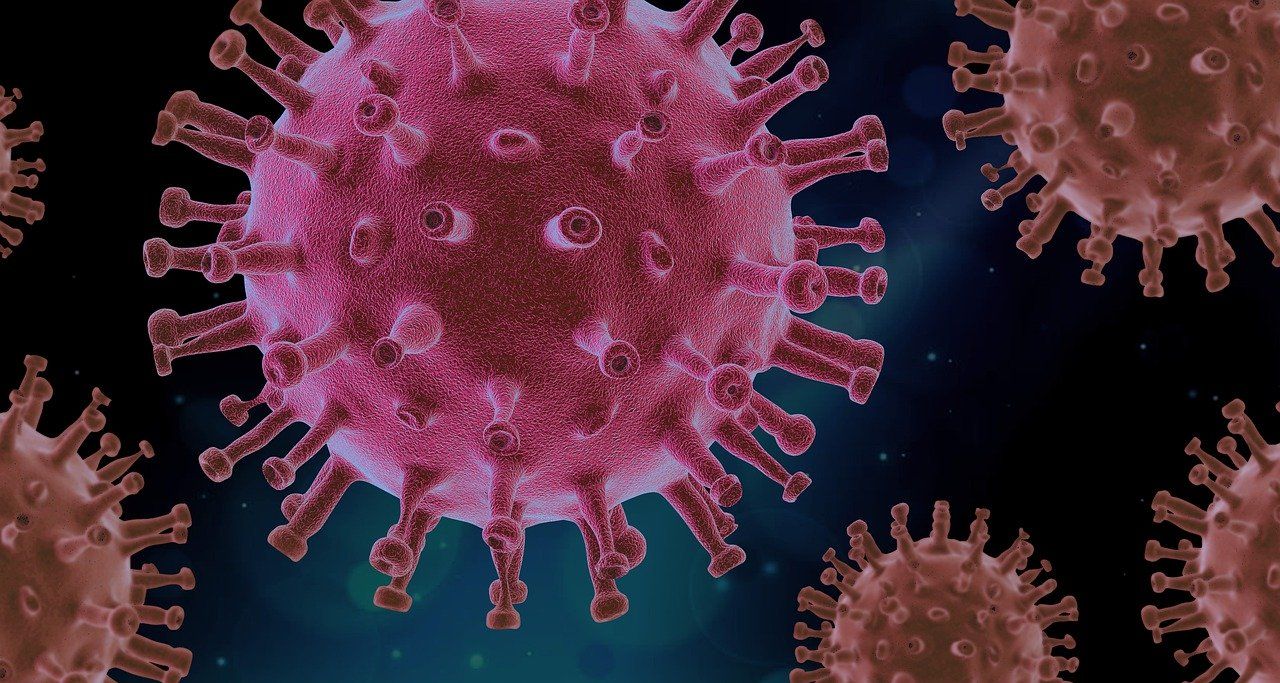Leronlimab Shows Further Promise for COVID-19 Treatment, Study Shows
To disseminate results that can inform the public health in response to COVID-19, CytoDyn announced the publication of their findings in a pre-print manuscript, which has been submitted for publication and is currently under peer review.

A cohort of 10 critically ill patients with coronavirus disease 2019 (COVID-19) received more effective immune response after leronlimab (PRO 140) treatment compared with healthy controls, announced CytoDyn, developer of the drug.1
Patients treated under the FDA’s emergency Investigational New Drug (eIND) program with leronlimab experienced reversed hyper immune activation, inflammation, and immunosuppression. To disseminate results that can inform the public health in response to COVID-19, CytoDyn announced the publication of their findings in a pre-print manuscript, which has been submitted for publication and is currently under peer review. CytoDyn also shared the manuscript with the World Health Organization.
“We are now most hopeful the entire medical community will understand the potential benefit leronlimab can provide critically ill COVID-19 patients,” said Nader Pourhassan, PhD, president and chief exectuvie officer, CytoDyn, in a statement. “Moreover, this discovery by Dr. Bruce Patterson that leronlimab decreases plasma viral load may have tremendous long-term positive ramifications to bring this pandemic under control. We are grateful that we are able to release this research at such a critical time for patients throughout the world.”
Patients with critical COVID-19 were treated with leronlimab at the Montefiore Medical Center (n = 10) under the FDA’s eIND program. Patients showed evidence of lymphopenia with liver and kidney damage and had significant pre-existing co-morbidities. They received intensive care treatment including mechanical ventilation or supplemental oxygen. Patients received leronlimab on the 14-day study period.2
Four patients died during the treatment period due to disease complications and severe constraints on medical equipment.
At baseline, all 10 patients had elevated levels of inflammatory cytokines IL-1β, IL-6, and IL-8. Plasma CCL5 levels were elevated among these patients compared with those in both healthy controls and patients with mild or moderate COVID-19.
All patients received a subcutaneous 700 mg dose of leronlimab after baseline blood collection. Patients were monitored longitudinally for 2 weeks after treatment. As early as 3 days after therapy, investigators noted a reduction of plasma IL-6, which returned to healthy levels by day 14. More variable levels, however, were observed with IL-1β, IL-8, and CCL5. There was a marked restoration in CD8+ T cell ratio in the blood following leronlimab treatment.
A high sensitivity digital droplet PCR was used to quantify the plasma at baseline, in which SARS-CoV-2 was detected in all 10 patients, underscoring the severity of COVID-19. However, investigators noted a decrease in SARS-CoV-2 plasma viremia in all patients at day 7 following treatment, indicating that leronlimab may be effective in anti-viral immunity.
To establish an unbiased gene repertoire, investigators performed 10X Genomics 5’ single cell RNA-sequencing of peripheral blood mononuclear cells in order to evaluate the transcriptional changes between an uninfected, healthy person and 2 patients with severe COVID-19. They identified 2,890 differentially expressed transcripts, showing that the 2 patients had a greater abundance of myeloid cells upregulating inflammatory-interferon, and chemokine-related genes. Chemokines (CXCL8, CCL4, CCL3), inflammatory and immune activation genes (IL-1β, CD69), and the IFN-related genes (IFI27, IFITM3) were among the most notable overexpressed genes in the COVID-19 samples.
A downregulation was observed in the effector molecule granzyme A, as well as the immunoregulatory gene KLRB1 in patients with COVID-19 compared with the healthy control.
Investigators also aimed to identify markers that could inform the effectiveness of leronlimab. Approximately 2,037 differentially expressed transcripts were identified out of the 4,105 cells at baseline and 4,888 cells at the 7-day post-treatment timepoint in the longitudinal single-cell dataset. IL-6 transcripts were downregulated between day 0 and 7 in monocytes, which remains consistent with previous reports. Myeloid cells expressing chemokine and IFN-related genes were downregulated at day 7 post-treatment compared to baseline. There was also an increases expression of granzyme A, which suggests improvement in the antiviral function of leronlimab.
“These transcriptomic findings further underscore the potential impact of leronlimab- mediated CCR5 blockade on the inflammatory state in COVID-19,” the authors wrote. “In summary, we show here for the first time, involvement of the CCL5-CCR5 axis in the pathology of SARS-CoV-2, and present evidence that inhibition of CCL5 activity via CCR5 blockade represents a novel therapeutic strategy for COVID-19 with both immunologic and virologic implications.”
To further support these findings, the authors concluded that a randomized controlled clinical trial would be necessary to determine the efficacy of leronlimab as treatment of patients with COVID-19.
Leronlimab has been explored as a potential therapeutic option for patients with cancer, such as breast and prostate cancers. The FDA granted a Fast Track designation in May 2019 to the therapy in combination with carboplatin for patients with CCR5-positive metastatic triple-negative breast cancer.1
Reference
- Manuscript Describes How CytoDyn’s Leronlimab Disrupts CCL5/RANTES-CCR5 Pathway, Thereby Restoring Immune Homeostasis, Reducing Plasma Viral Load, Reversing Hyper Immune Activation and Inflammation in Critical COVID-19 Patients [news release]. Vancouver, WA: CytoDyn; May 6, 2020. LINK. Accessed May 8, 2020.
- Patterson B, Seetthamraju H, Dhody K, et al. Disruption of the CCL5/RANTES-CCR5 Pathway Restores Immune Homeostasis and Reduces Plasma Viral Load in Critical COVID-19 [Published Online May 5, 2020]. Research Gate. DOI: 10.21203/rs.3.rs-26517/v1.










